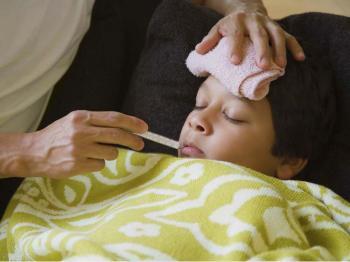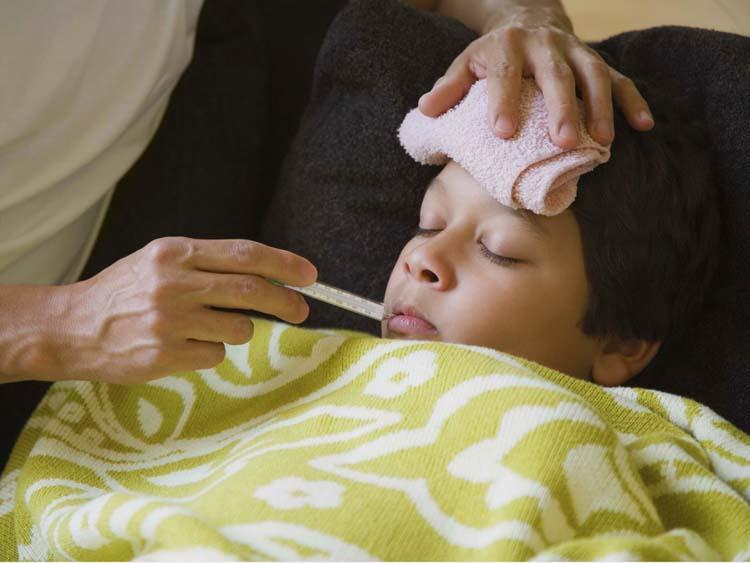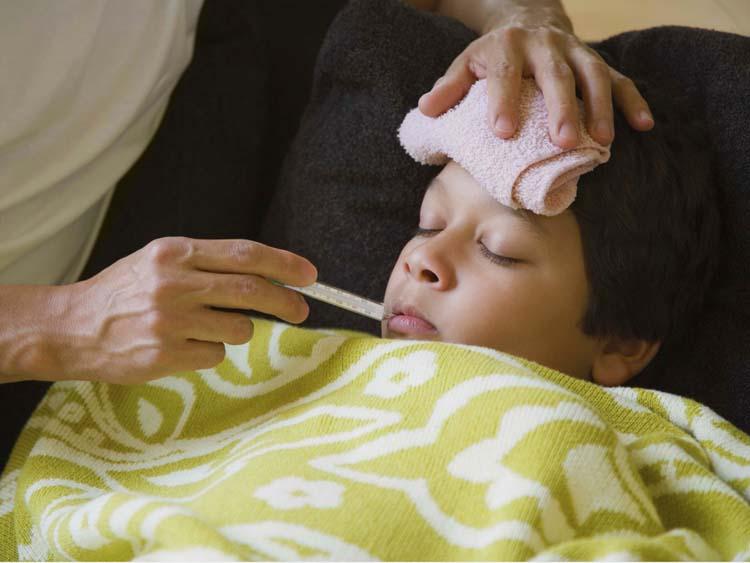Fever Phobia: Parents Encouraged to Treat Fevers Differently
Fever phobia: Fever in children is not necessarily a cause for alarm and is actually a sign of a healthy immune system, according to a clinical report aimed at educating parents.

HIGH TEMP: A child with fever may not be cause for alarm but is a sign of a healthy immune system at work, according to clinical reports. Photos.com
|Updated:






